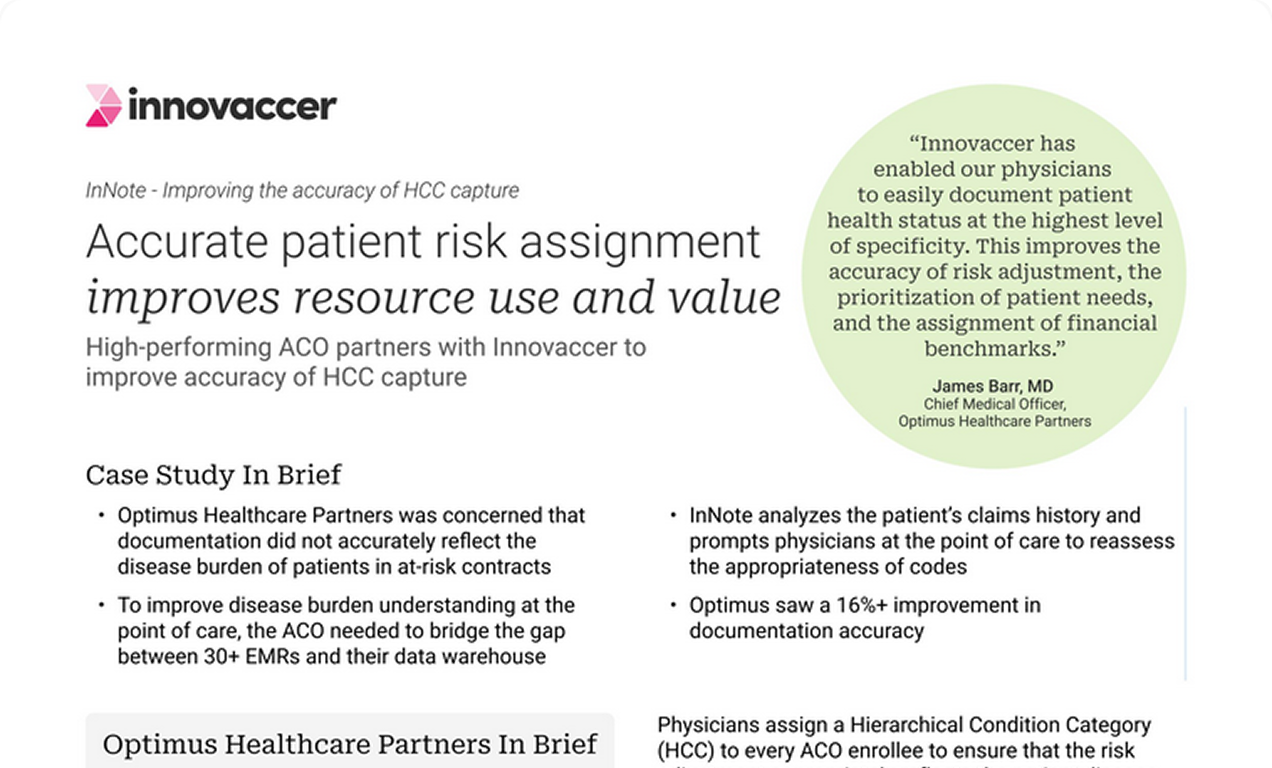Cloud vs. On-premises Population Health Tools


Population health management tools play a critical role in improving patient outcomes and reducing costs. They help providers track outcomes, identify health trends, close care gaps, and enhance overall efficiency. However, healthcare providers often face an important decision- whether to choose a cloud-based population health management software or go for a traditional on-premises system. Both differ significantly when it comes to cost and security.
So, want to know which one is the right fit for your organization? Read on to find out more.
Cloud vs. On-premises: A Quick Showdown
What are Cloud-based PHM Tools?
Cloud-based population health management softwares are digital tools that use cloud computing to help providers aggregate and analyze patient data. They host population health data on remote servers, which can be accessed via the Internet. You can think of them as “PHM-as-a-Service.” Your vendor takes care of updates, maintenance, and infrastructure so that you can focus on using the tools to improve patient outcomes. They support efficient data exchange and integration.
What are On-premises PHM Tools?
On-premises population health management softwares are deployed within an organization’s local servers and IT infrastructure to manage the health of a large population, thus providing more control over data security.
Cloud-Based PHM: Why Healthcare Providers Love Cloud PHM
Cloud-based population health management softwares have exploded in popularity for good reasons. These reduce upfront investment in hardware and can be scaled easily to accommodate new features. Additionally, they provide data-driven insights for achieving population health management goals.

Challenges with Cloud-based PHM
A cloud-based PHM tool has several pitfalls, such as dependence on the internet and security risks. Also, subscription-based models can lead to ongoing costs that can be difficult for you to manage. To maintain robust security, you must ensure vendors meet HIPAA and GDPR standards before onboarding them.
On-premises PHM: Why Some Providers Stick with On-prem?
Some providers opt for an on-premises population health management tool because it provides them with greater control over their data and infrastructure.
This is especially true for larger healthcare organizations with established IT departments. With an on-prem PHM, the IT team can implement specific security measures and ensure strict compliance with regulatory requirements.
Challenges with On-prem PHM
While an on-premises PHM offers control and security, it has several drawbacks.
- Implementing an on-prem system requires a significant investment in servers, software, infrastructure, and licenses.
- It also has high maintenance costs.
- In the absence of backup solutions, a system failure or a ransomware attack could potentially lead to irreversible data loss for an on-prem PHM tool, unlike cloud-based population health management software that has in-built recovery options.
The Cost Factor: Which One Saves You More Money?
Cost is an important component to be considered when choosing the best population health management software for your organization’s goals. Here’s a comparison of cloud vs on-premises healthcare software:
| Feature | Cloud-based PHM | On-premises PHM |
|---|---|---|
| Maintenance costs | Minimal ( managed by vendor) | High (IT team needed) |
| Security | Vendor-managed | Organization-managed |
| Scalability | High | Limited |
| Internet dependency | Yes | No |
Also Read: Top 10 cloud-based population health management software providers
Security & Compliance: Is Cloud Really Safe?
Most providers hesitate to choose cloud-based population health management software as they are managed by external vendors. However, leading cloud vendors invest heavily in state-of-the-art security measures. Cloud-based PHM solutions come with multi-layered security protections. These include multi-factor authentication (MFA) and real-time threat detection. They are continuously monitored and regularly updated. Additionally, reputed cloud platforms are compliant with HIPAA, GDPR, and regional data protection laws. This ensures that patient data is protected.
In short, cloud-based PHM tools not only match on-prem security but often exceed it.
Which One Should You Choose? Let’s Break It Down
The healthcare industry is shifting towards population health analytics cloud solutions as they are more cost-effective and scalable. However, on-premises solutions are still preferred, if you want a more traditional approach to managing population health data.
The choice between cloud and on-premise PHM tools depends on your organization's size, goals, budget, and security needs. If you want cost-efficiency then go for a cloud-based PHM. But, if you want full control over your data, then an on-prem PHM is preferable. Many organizations now use a hybrid approach, combining the flexibility and analytics of the cloud with the security of on-premise systems. You can conduct a population health management technology comparison to determine the best fit for your organization.
Ready to unlock the power of cloud-based population health management? Book a demo with our experts.


.png)






.avif)









.svg)
.svg)

.svg)

